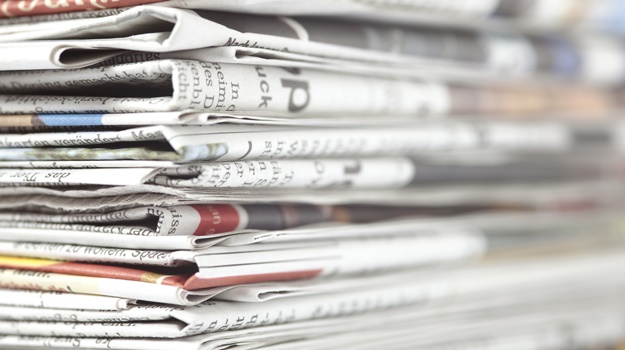
- It was alleged during the Zondo commission the SSA had approached journalists and offered to pay them to write positive stories about former president Jacob Zuma.
- ANA chief Vasantha Angamuthu confirmed the newswire took money from the SSA.
- ANA is said to have received about R20 million from the SSA.
The SA National Editors' Forum (Sanef) has called on the Zondo commission to release the names of journalists who were allegedly paid by the State Security Agency (SSA) to report positively on former president Jacob Zuma.
In a statement following its first council meeting for 2021, it said the commission needed to release the names "where there is evidence to back this up".
"We call on the relevant authorities to investigate all claims before the Zondo commission and make public their findings and the names of other journalists and media houses involved," Sanef added.
In January, Sydney Mufamadi, the chairperson of the High-Level Review Panel into the SSA, testified before the commission that it had paid about R20 million to the African News Agency (ANA) to influence and provide a positive narrative on Zuma.
https://t.co/By0KBr5HQV | Spies found many media houses 'immune' to recruitment or price was too high, Ms K tells Zondo inquiry https://t.co/0yVHPbrPFg
— News24 (@News24) January 29, 2021
"A major point of discussion was on the recent allegations of journalists being used as spies to further the agenda of the State Security Agency. Members again noted the admission of African News Agency CEO Vasantha Angamuthu that they accepted money from the State Security Agency to 'provide multimedia training for SSA analysts and interns across Africa' and to carry positive stories about South Africa and the government," said Sanef.
It expressed concern about the decision by Independent Media to launch its own Press Council, saying this amounted to it "being a player and referee in complaints against the group's titles".
"Freedom of expression and the public's right to information that is free and fair is protected in our Constitution. The self-regulation of the South African media works when complaints by members of the public are adjudicated by an independent person/s outside of one's own media organisation so as not to undermine the public's right to recourse," said Sanef.
Internationally, the organisation condemned various situations in Zimbabwe, Myanmar and Uganda, among other countries, that threatened media freedom.
Sanef also sent condolences to the family of radio journalist Dimakatso Ratselane who was murdered this week.
"We are extremely concerned that women journalists are among the most vulnerable when reporting in the field. Women journalists are affected by gender-specific safety risks such as sexual harassment, sexual violence, and threats of violence. Recent studies by Reporters Without Borders have shown that women journalists are particularly affected by online harassment."
